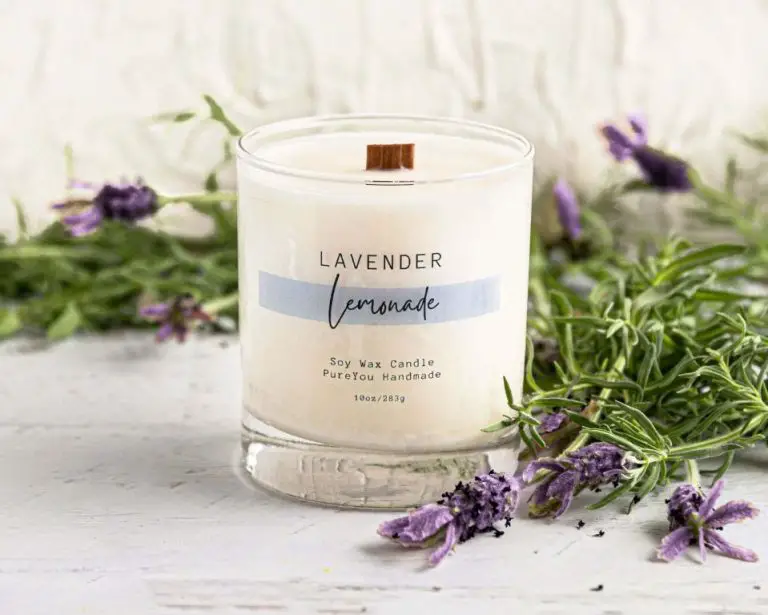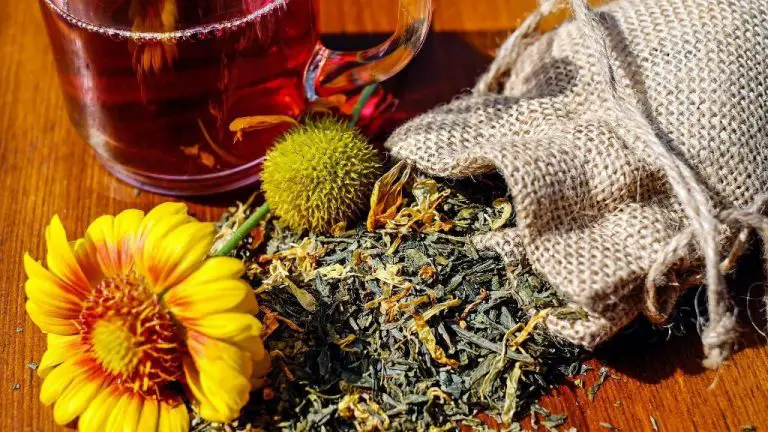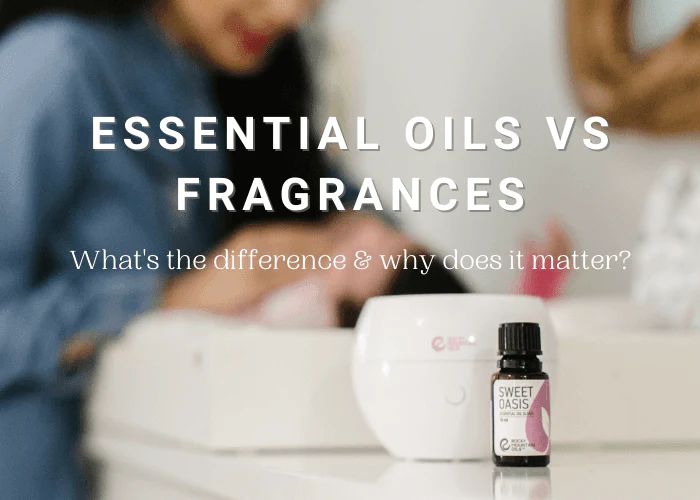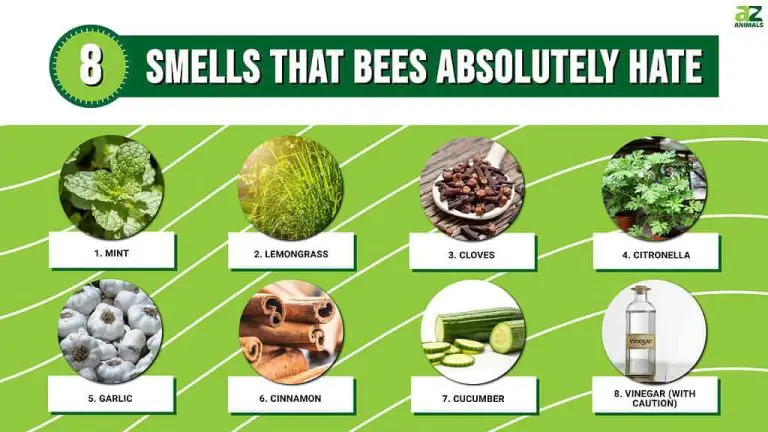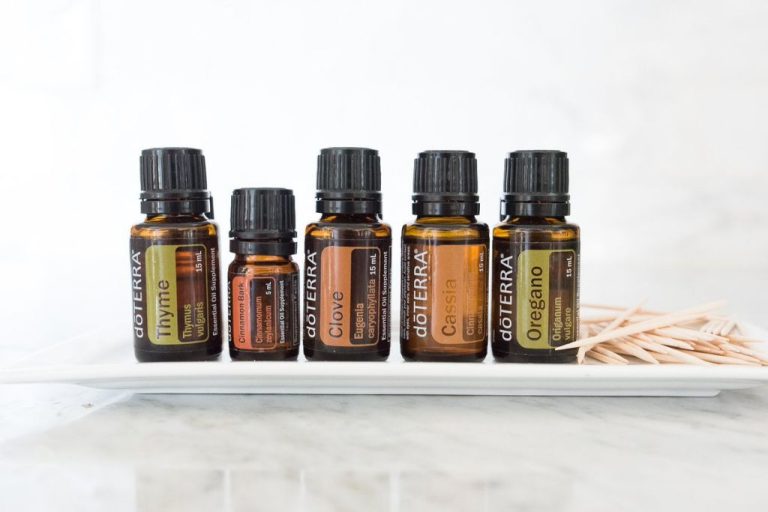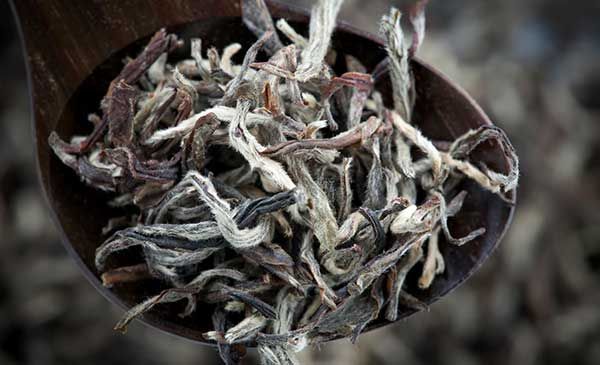What Is Orange Blossom Extract Used For?
Orange blossom extract is a fragrant oil derived from the blossoms of bitter orange trees. The scientific name for bitter orange is Citrus aurantium. Orange blossom extract is produced through a process called enfleurage, in which the fragile blossoms are soaked in fat in order to capture their delicate fragrance.
Orange blossom extract has a sweet, neroli-like scent and is used in a variety of applications. Some of the most common uses of orange blossom extract include:
- Perfumes and colognes
- Food flavoring
- Aromatherapy
- Skin care
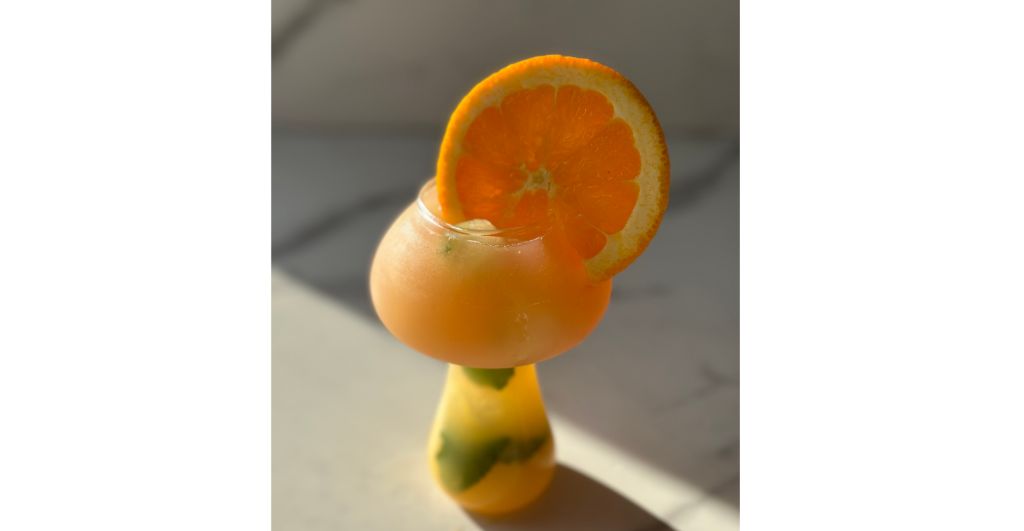
In the following sections, we will explore the uses of orange blossom extract in depth, including its history and origins, culinary uses, skin care and hair care benefits, and more.
Cooking and Baking
Orange blossom extract is commonly used to add a refreshing, citrusy flavor to desserts and pastries. Its sweet, floral notes pair especially well with icings, cakes, cookies, puddings, and more.
A small amount of orange blossom extract can be added to cake batters or cookie doughs to impart a subtle orange blossom flavor. However, it is most frequently used in frostings, glazes, and fillings where its fragrance really shines through. A teaspoon or two of orange blossom extract added to buttercream or cream cheese frosting creates a lovely floral citrus flavor.
The extract also enhances the flavor of shortbread cookies, scones, puddings, custards, and even ice cream. Its delicate floral aroma provides depth and interest without overpowering other ingredients. Many Middle Eastern-inspired dessert recipes, like baklava, feature orange blossom extract.
When baking with orange blossom extract, start with small amounts like 1/4 tsp and add more as needed. Too much can result in a soapy or perfumed flavor. It pairs particularly well with almond, pistachio, honey, rosewater, and vanilla.
Beverages
Orange blossom extract adds a lovely floral citrus flavor to many beverages. It is commonly used to enhance the flavor of teas, coffees, and cocktails.
A few drops of orange blossom extract can be added to a cup of hot tea or iced tea for a refreshing twist. The extract pairs especially well with green tea, white tea, and herbal teas. Its delicate orange notes complement the tea without overpowering it.
Orange blossom extract also enhances coffee drinks. Add 1-2 drops to a cup of hot coffee or mix it into cold brew coffee concentrate. The orange blossom flavor balances beautifully with coffee’s natural bitterness.
In cocktails, orange blossom extract is shaken or stirred into gin, vodka, and rum drinks. A small amount imparts floral citrus notes. The extract is a key ingredient in cocktails like the Orange Blossom Martini and Orange Blossom Fizz.
The extract can also be used to make non-alcoholic mocktails. It’s commonly mixed with citrus juices and sparkling water for refreshing soda-like drinks.
Aromatherapy
Orange blossom extract is commonly used in aromatherapy for its calming and relaxing properties. The sweet, floral scent of orange blossoms can help reduce anxiety, ease stress, and promote sleep when used in diffusers, candles, bath products, and other aroma applications.
Diffusing orange blossom essential oil is an easy way to create a relaxing environment. The aroma helps lower cortisol levels, reduce inflammation, and act as an antimicrobial agent according to Beaire. Orange blossom oil can also help improve symptoms of menopause when inhaled regularly.
Adding a few drops of orange blossom oil to a bath, body oil, or lotion is another aromatherapy technique. The floral scent envelops your senses to create a soothing experience. Candles and room sprays made with orange blossom extract also provide ambient relaxation when the aroma fills your living space.
Overall, the sweet and floral aroma of orange blossom makes it a popular choice for aromatherapy applications geared toward reducing stress and anxiety levels. Its calming properties allow it to create a serene environment when used in diffusers, candles, bath products, and more.
Skin Care
Orange blossom extract is valued in skin care for its anti-inflammatory and antioxidant properties. When applied topically, orange blossom can help soothe and rejuvenate skin.
The citrus flavonoids in orange blossom provide antioxidant benefits that help protect the skin against damage from free radicals. This helps reduce signs of aging caused by oxidative stress, such as fine lines, wrinkles, and dark spots. The antioxidants in orange blossom may also help defend skin against UV damage from sun exposure.
Orange blossom extract contains the anti-inflammatory agent chrysin, which helps calm and comfort irritated or inflamed skin. This makes orange blossom well-suited for sensitive skin prone to redness and reactivity. The anti-inflammatory action can aid with inflammatory skin conditions like eczema or psoriasis.
Orange blossom is often found as an ingredient in skincare creams, lotions, serums and soaps. Brands like Therapi and Glycelene formulate with orange blossom extract for its soothing, smoothing effects on the skin.
Hair Care
Orange blossom water is often used in hair care products for its nourishing properties. The vitamin C and antioxidants found in orange blossoms can provide several benefits for hair and scalp health.
According to Shaeri, orange blossom water has moisturizing and softening properties that soothe the scalp and leave hair smelling pleasant. When used regularly, it can make hair softer and shinier.
Orange blossom hydrolates are commonly added to shampoos and conditioners. As explained by Typology, the floral water protects hair from damage caused by environmental factors like pollution and sun exposure. It also provides hydration to hair, keeping it smooth and preventing frizz.
Overall, orange blossom water nourishes hair, making it stronger, softer, and smoother. Its pleasant floral aroma also makes it a popular ingredient in hair products.
Medicinal Uses
Orange blossom extract has been used for centuries in folk medicine to treat various illnesses. Modern research has shown that orange blossoms contain powerful medicinal compounds that provide anti-inflammatory, antioxidant, and antimicrobial properties.
The primary active compounds in orange blossoms are the flavonoids, such as hesperidin, naringin, and neohesperidin. These compounds demonstrate anti-inflammatory effects by inhibiting the production of pro-inflammatory cytokines. A study published in the International Journal of Molecular Science showed that orange blossom extracts reduced inflammation in animal models of colitis and pneumonia.
Orange blossoms are also rich in antioxidants that help protect cells from damage caused by free radicals. A study in Food Chemistry found that orange blossom extracts had high antioxidant capacities and were able to neutralize multiple types of free radicals. The antioxidants in orange blossoms may help prevent chronic diseases associated with oxidative stress.
Furthermore, research indicates that components in orange blossoms have antimicrobial effects against certain pathogens. A study published in the Antimicrobial Agents and Chemotherapy journal showed that extracts from bitter orange blossoms inhibited the growth of drug-resistant Staphylococcus aureus bacteria. The antimicrobial properties can help protect against certain bacterial and fungal infections when applied topically.
Overall, the emerging research demonstrates that orange blossoms contain bioactive compounds that can provide anti-inflammatory, antioxidant, and antimicrobial effects. More human studies are still needed to fully validate the medicinal benefits of this botanical ingredient.
History and Origin
The orange tree is native to Asia, likely originating in China over 4,000 years ago. In traditional Chinese medicine, orange blossom was believed to promote fertility and regulate chi energy. According to ancient Chinese medical texts, orange blossom had cooling properties that could lower fevers and relax the mind and body. Orange trees were brought from China to the Mediterranean region over 2,000 years ago during early trade between civilizations. Spain introduced orange trees throughout its colonies starting in the late 15th century. Spanish missionaries brought orange trees to Florida in the 16th century, where they continue to grow today.
Orange blossoms have a rich history intertwined with traditional medicine, symbolic meaning, and the expansion of citrus cultivation. Revered for their beauty and fragrance for centuries, orange blossoms remain a beloved flower worldwide.
Culinary Orange Blossom Varietals
There are a few main types of orange blossom extracts used in culinary applications:
- Neroli – This is distilled from the bitter orange tree (Citrus aurantium) and comes from the white blossoms. It has an intense, floral aroma and is quite potent even in small amounts. Neroli works well for exotic, floral desserts and baked goods.1
- Zested orange blossom – The outermost peel of bitter oranges is zested and then infused into a carrier oil to capture the essence of the blossoms’ flavor and fragrance. This has a more subtle, citrusy orange taste compared to neroli.2
- Distilled orange blossom – Orange blossoms are distilled along with water to create a hydrosol or floral water. This has a very light, delicate orange blossom flavor and aroma. It’s used commonly in Middle Eastern desserts and pastries.3
These varietals range from very concentrated (neroli) to light and subtle (distilled orange blossom), allowing the extracts to be tailored for specific culinary uses.
Buying Guide
When buying orange blossom extract, it’s important to look for a high-quality product. Here are some tips on how to select a good orange blossom extract:
Look for an extract made from natural ingredients. Avoid artificial flavors or synthetic compounds. A quality extract will be made from the essential oil of orange blossoms (Amoretti).
Choose an extract with no added sugars, preservatives, or other additives. You want a pure, concentrated orange blossom flavor.
Look for an extract made by a reputable, established company known for quality flavorings like Amoretti or Nielsen-Massey (Apex Flavors). Avoid generic or unknown brands.
Select an extract suited for your intended use, whether baking, beverages, aromatherapy, etc. Oil-soluble extracts work best for fat-based applications like baking while water-soluble extracts mix well in liquids.
Consider the concentration. A higher concentration means you need less extract to achieve intense orange blossom flavor.
Look at reviews from other customers to help determine quality and flavor accuracy.
Buying from a reputable seller ensures you get a pure, high-quality orange blossom extract that will add wonderful floral citrus notes to any application.

